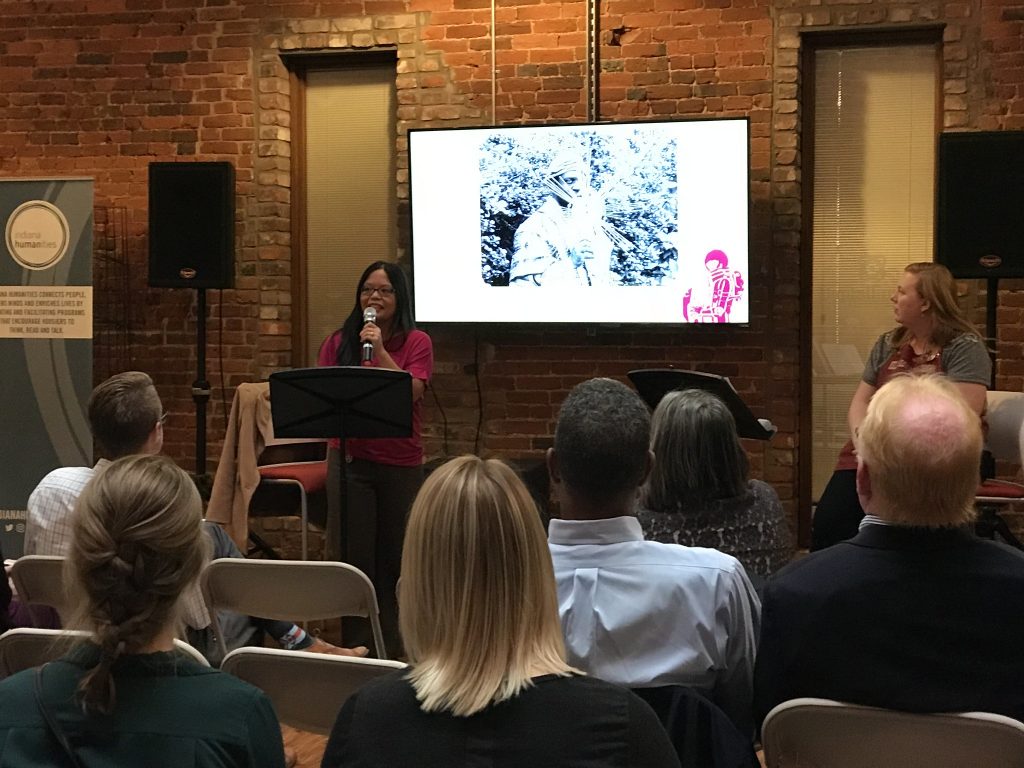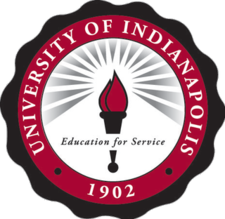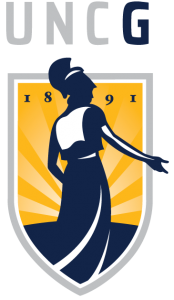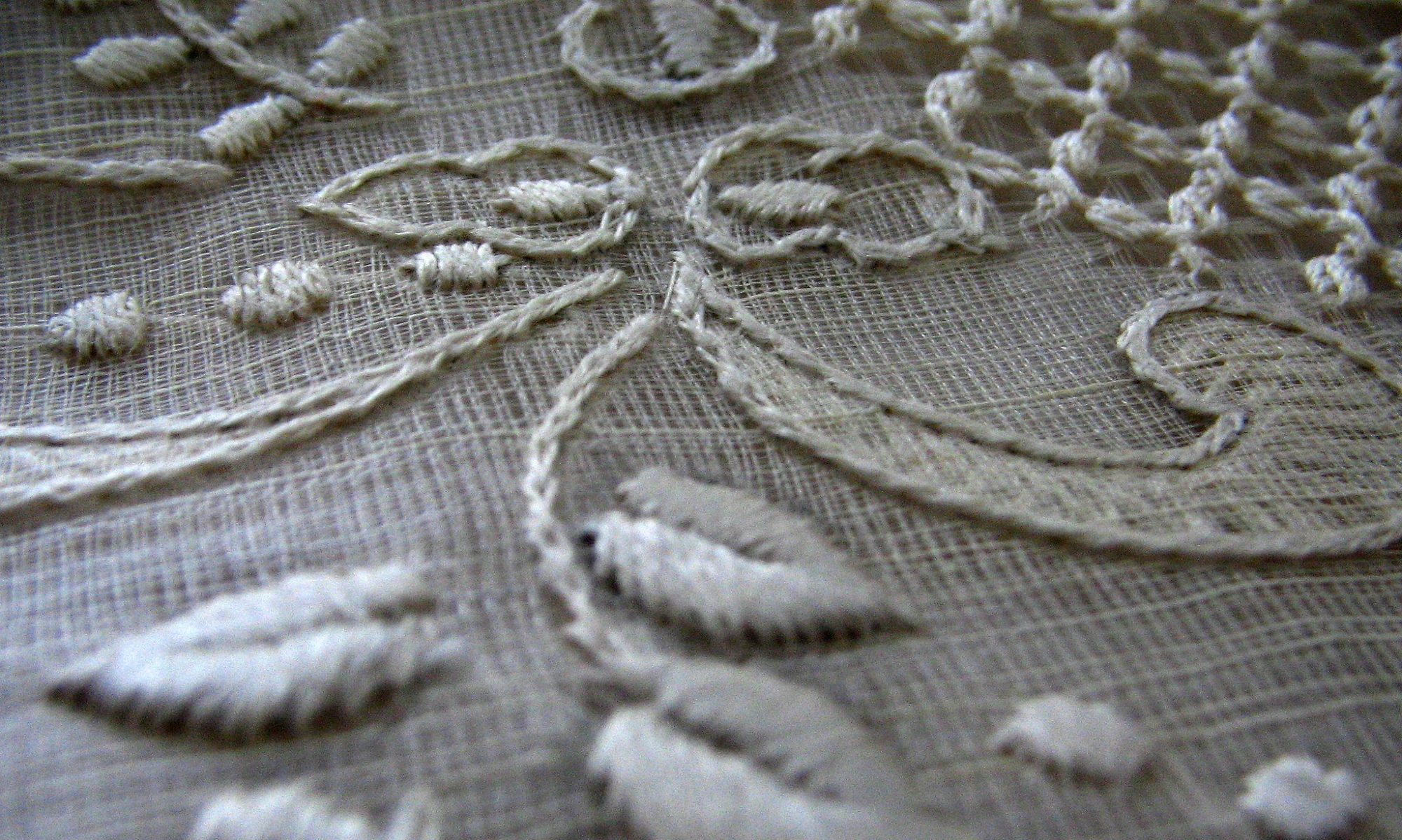Courses and Teaching

My students remain the reason why I love what I do, and I always learn so much from them. If you want more information about any of these courses, please let me know!
Current Courses
University of Indianapolis

ENGL 580: Special Topics: African American Literature
Graduate-level course examining formal, thematic, and rhetorical strategies that define the African American literary tradition. This is one of the many courses where we discuss Zora Neale Hurston. You can find out more about the Hurston NEH Institute I participated in here.
ENGL 550: Literary Criticism
Graduate-level course focusing on the study and analysis of critical frameworks and methodologies for the interpretation of literature and culture. My version uses Toni Morrison’s Beloved as its reference text. Link to syllabus
ENGL435/535: Multicultural American Literature
Graduate and undergraduate cross-listed course examining American literature containing a diverse cross-section of race/ethnicity, gender & sexuality, ability, nationality, and language. This is one of the courses where I occasionally can make use of the research in my book, Novel Subjects. You can find out more above and in this post.
ENGL 436/536: Post-Colonial Literature
Graduate and undergraduate cross-listed course featuring the texts, contexts, and theoretical frameworks of literature from colonized and formerly colonized nations. Some recommendations for fun reads that often fall under the category of postcolonial literature are in this post.
ENGL 399: Afrofuturism
Focused on the literature, art, and music of Afrofuturism, with works by authors such as N.K. Jemisin, Nnedi Okorafor, Octavia Butler, and Colson Whitehead. To see a video of me speaking with some cool people about Afrofuturism, click here. You can find some recommendations on Afrofuturist texts in this post.
ENGL 344: African American Literature
Survey course on African American literature from slave narratives to contemporary works and relevant historical, social, and cultural contexts. Check out my articles on Black literature here, as well as in my book-length study, Novel Subjects.
ENGL 343: Native American Literature
Survey course on Native American literature, including discussion of historical, legal, social, and cultural contexts. I talk a bit about some of my research into Indigenous literature in this post about Carlisle Indian School and this post featuring my article on Zitkála-Šá. In my book, Novel Subjects, I discuss authors Louise Erdrich and Leslie Marmon Silko, among others.
ENGL 342/580: Women Writers
My version of this graduate and undergraduate cross-listed course explores women writers as rulebreakers and trendsetters. Authors discussed include Zora Neale Hurston, Eve Ewing, Carmen Maria Machado, and Celeste Ng. Speaking of Ng, you can find my post about suburbia in Little Fires Everywhere here. Link to one version of syllabus
ENGL/EDUC 218: Young Adult Literature
Course for both English and Education students studying the themes and foundations of novels, short stories, poetry, and other genres intended for adolescent readers. This is one of my favorite courses to teach graphic novels. You can find some recommendations for graphic novels in this post.
ENGL 214: American Literature II
Survey course focuses on different genres, texts, and contexts of American literature spanning 1865 through the present.
ENGL 102: Western World Literature and Composition
Introduction to literature and critical thinking: novels, stories, poetry, graphic texts, etc. on issues related to empathy and human understanding. Summer online courses center on travel and identity.
ENGL 101: English Composition
Introduction to writing, rhetoric, and research: archive work with Carlisle Indian Industrial School Archives, research work with the Serial podcast, etc.
FYS 110: Poverty and Wealth in Literature
First-year honors seminar course exploring themes of socioeconomic class in literature.
FYS 110: Selfie Literature
First-year seminar course investigating the nature and purposes of metafiction (or self-referential fiction) in literature and popular culture. My book, Novel Subjects, focuses on metafiction in contemporary multicultural texts, and though I didn’t get to teach a lot of the books I discuss there with this course, it still formed the basis for a lot of classroom discussion.
ST 299: Multicultural Sampling (aka the Beyoncé/Lemonade course)
Interdisciplinary course on intertextuality and identity as it relates to rhetoric, poetry, and other topics. Themed on Beyoncé Knowles-Carter’s 2016 visual album, Lemonade. Link to sample assignment
Previous Courses
University of North Carolina, Greensboro

Introduction to Composition
First-year course introducing students to college writing. My classes focused on community engagement and current events as a way to familiarize students with composition and the basics of rhetoric, including audience, the canons, and the appeals.
Advanced Composition (Speaking Intensive)
This course used speaking assignments to develop students’ research and writing skills. My course employed oral presentations, class discussion of research monographs and other readings, research proposals, and fieldwork to illustrate how writing involves a deep responsibility towards fellow scholars and research subjects, and an eye to shaping public discourse. Students in my version of this course focused on ecocritical approaches as well as on long-form journal articles.
Introduction to Narrative
Introductory course for non-majors examining formal aspects of narrative in fiction, drama, poetry, and the personal essay. Students in my course investigated these features through the lens of gender, race, and ethnicity, questioning the ways these aspects are complicated through narrative forms and secondary critical texts.
World Literatures in English
Global survey course introducing students to primary and secondary material from the Caribbean, Asia, Africa, Europe, and the Americas. Students in my version of this course analyzed perspectives on the idea of “home” in multiple genres and interrogated issues related to travel, immigration, relocation, and postcolonialism.
